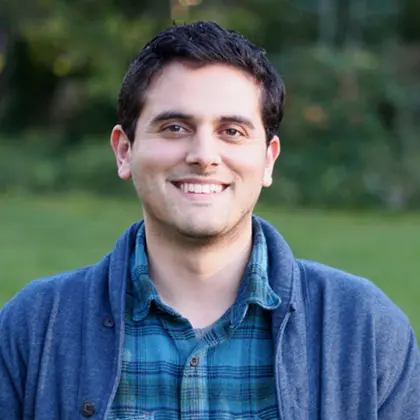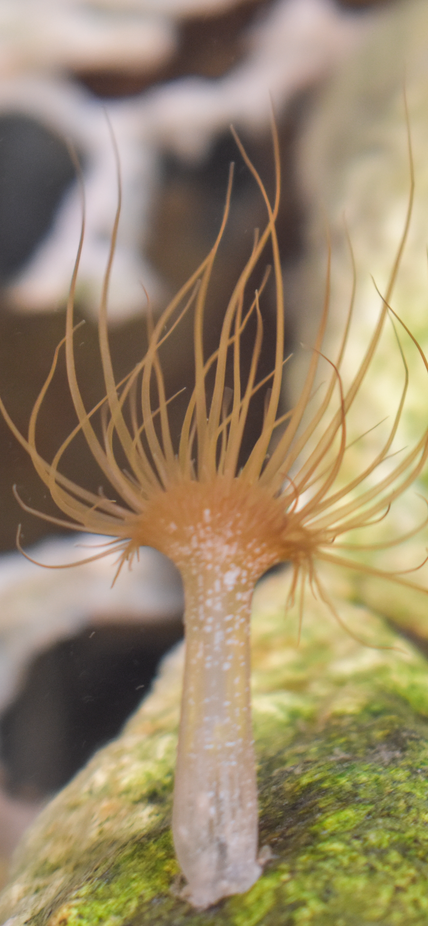
Baltimore, MD—Carnegie’s Ryan Hulett was selected by the Howard Hughes Medical Institute for the 2023 cohort of Hanna Gray Fellows, a group of 25 outstanding early career researchers in the biomedical sciences.
The Hanna Gray program was designed to give fellows “the freedom to explore new scientific territory and follow their curiosity, while seeking answers to challenging scientific questions.” The fellowship provides financial support of up to $1.5 million for up to eight years, which is intended to extend from postdoctoral training through the early period of a faculty position. It is part of HHMI’s broader commitment to advancing inclusion across key career stages in academic science.
“We are thrilled to welcome these exceptional scientists into the HHMI community,” said HHMI Vice President and Chief Scientific Officer Leslie Vosshall. “Each of this year’s Hanna Gray Fellows has the expertise, talent, and ingenuity to make groundbreaking discoveries in the life sciences while developing and inspiring generations of scientists over their career.”
Working in Phillip Cleves’ lab at Carnegie, Hulett’s research focuses on how climate change is impacting interactions between animals and microbes—a fundamental feature of animal biology. He uses symbiotic marine invertebrates, like anemones and corals, which take up algae into their own cells, to understand how intracellular microbes reprogram their host cell’s responses to heat stress conditions. This work will illuminate fundamental cellular and molecular mechanisms underlying animal resilience in response to global warming.
“Congratulations to Ryan on this recognition of his creativity, scientific vision, and hard work,” Cleves said. “I am excited to see how his career continues to develop as he taps into the HHMI community as part of this fellowship program.”
Other members of the 2023 class will be working on research related to Parkinson’s disease, aging, the genetic basis of disease susceptibility, the neural building blocks of learning, sustainable insecticides, and more. The fellows will participate in professional development, mentorship, and networking activities with both their peers and the broader community of HHMI scientists.
In keeping with HHMI’s “people, not projects” philosophy, fellows have freedom to change their research focus in pursuit of their evolving interests at any point through the duration of the award.
